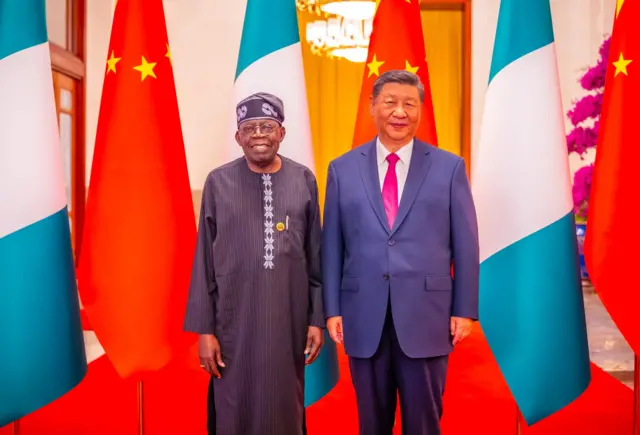A press release from The Aso Villa
Nigeria’s Rural Electrification Agency, China’s Huawei mark a crucial milestone in Nigeria’s energy evolution to advance renewable energy innovation for a sustainable future.
Here are 8 facts you need to know about REAs recent signing partnership with Huawei on the backdrop of President Bola Tinubu’s visit to China this week:
- REA, Huawei to establish a simulation training centre: The partnership will result in the creation of a cutting-edge Renewable Energy Simulation and Technical Standardization Centre, which will test and refine renewable energy systems before their deployment across Nigeria.
- Standardization of REA projects: The centre will ensure that all REA projects maintain consistent quality and performance standards, safeguarding the durability and efficiency of renewable energy solutions, particularly in rural areas.
- Equipping Nigeria with advanced simulation capabilities: The simulation centre will feature state-of-the-art labs capable of replicating a variety of environmental conditions, including extreme weather. This will help assess and ensure the long-term reliability of renewable energy installations.
- Training and workforce development: Beyond simulation, the centre will act as a training hub, providing local engineers and energy professionals with hands-on skills in renewable energy technology, fostering a highly skilled workforce for Nigeria’s energy sector.
- A research and development powerhouse: The centre will not only focus on existing technologies but will also drive research and innovation in renewable energy. This R&D hub will serve as a launchpad for new solutions tailored to Nigeria’s unique energy needs.
- Localizing the renewable energy value chain: One of the key goals of this deal is to support Nigeria’s value chain localization. By promoting the production of renewable energy equipment locally, the partnership aims to reduce reliance on imports and strengthen Nigeria’s industrial base.
- Contributing to Nigeria’s industrialization agenda: The centre will play a pivotal role in Nigeria’s wider industrialization efforts. With the ability to produce renewable energy components locally, the country will enhance its capacity for industrial growth and sustainable economic development.
- Positioning Nigeria as a renewable energy leader in Africa: This collaboration is a major step toward establishing Nigeria as a leader in the African renewable energy market. The export of locally developed technologies and expertise will enhance Nigeria’s influence in the global energy transition.

